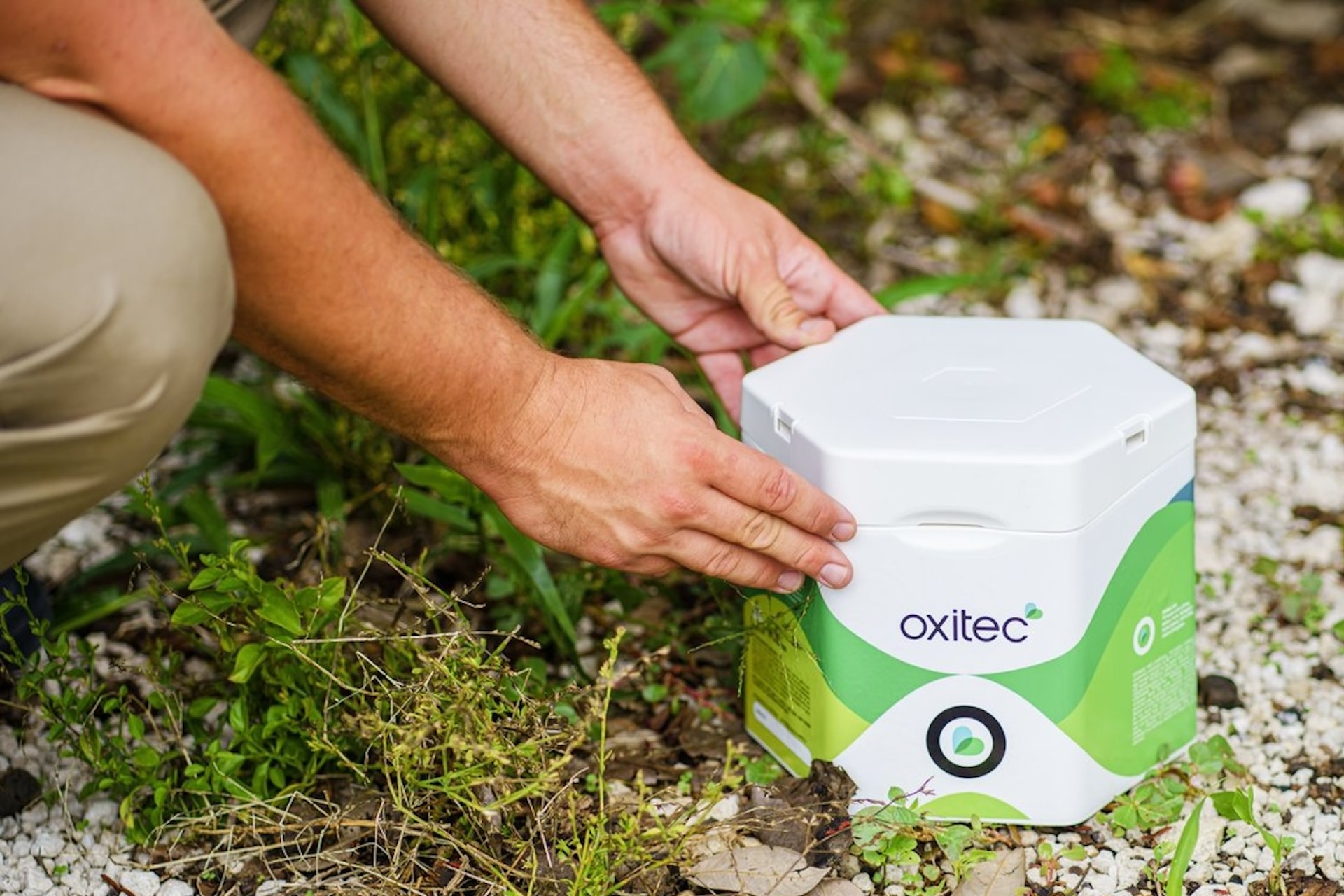Brazil has been dealing with a massive outbreak of dengue fever in 2024, with nearly a million cases reported at the end of February. Now, the government is resorting to drastic measures to control the spread of the disease — releasing genetically modified mosquitoes to kill the mosquitoes that spread the virus.
The genetically modified mosquitoes are produced by a British biotechnology company called Oxitec. The company engineered a special male Aedes aegypti mosquito to carry a gene that kills female offspring — the females being the ones that bite humans and transmit diseases — before they reach maturity.
Oxitec's general manager in Brazil, Natalia Ferreira, said that the mosquito population of one neighborhood that had received the treatment was 90% lower than in a nearby neighborhood that had not received the treatment.
Overall, Brazil's government is hoping for a more modest — but still substantial — reduction in the insect populations. "We hope that the next measurement will show a reduction of 20% so that we can get out of this state of emergency," the mayor of Suzano, Rodrigo Ashiuchi, told Reuters.
While there is some understandable concern around the idea of releasing genetically modified insects out into the world, the approach comes with one major benefit for people and for the planet: It does not involve the use of toxic pesticides.
Pesticides cause harm on a number of levels. They kill all sorts of insects — not just the targeted ones — causing widespread harm to the ecosystem. They also spread into nearby streams, ponds, lakes, and wells, polluting them with toxic chemicals and contaminating groundwater.
By using genetically modified mosquitoes, Brazil can avoid the use of toxic pesticides and hopefully control the spread of dengue fever with minimal side effects.
Oxitec is currently seeking regulatory approval from the U.S. Environmental Protection Agency and hopes to bring its modified mosquitoes to the United States within the next two years.
Join our free newsletter for weekly updates on the coolest innovations improving our lives and saving our planet.









